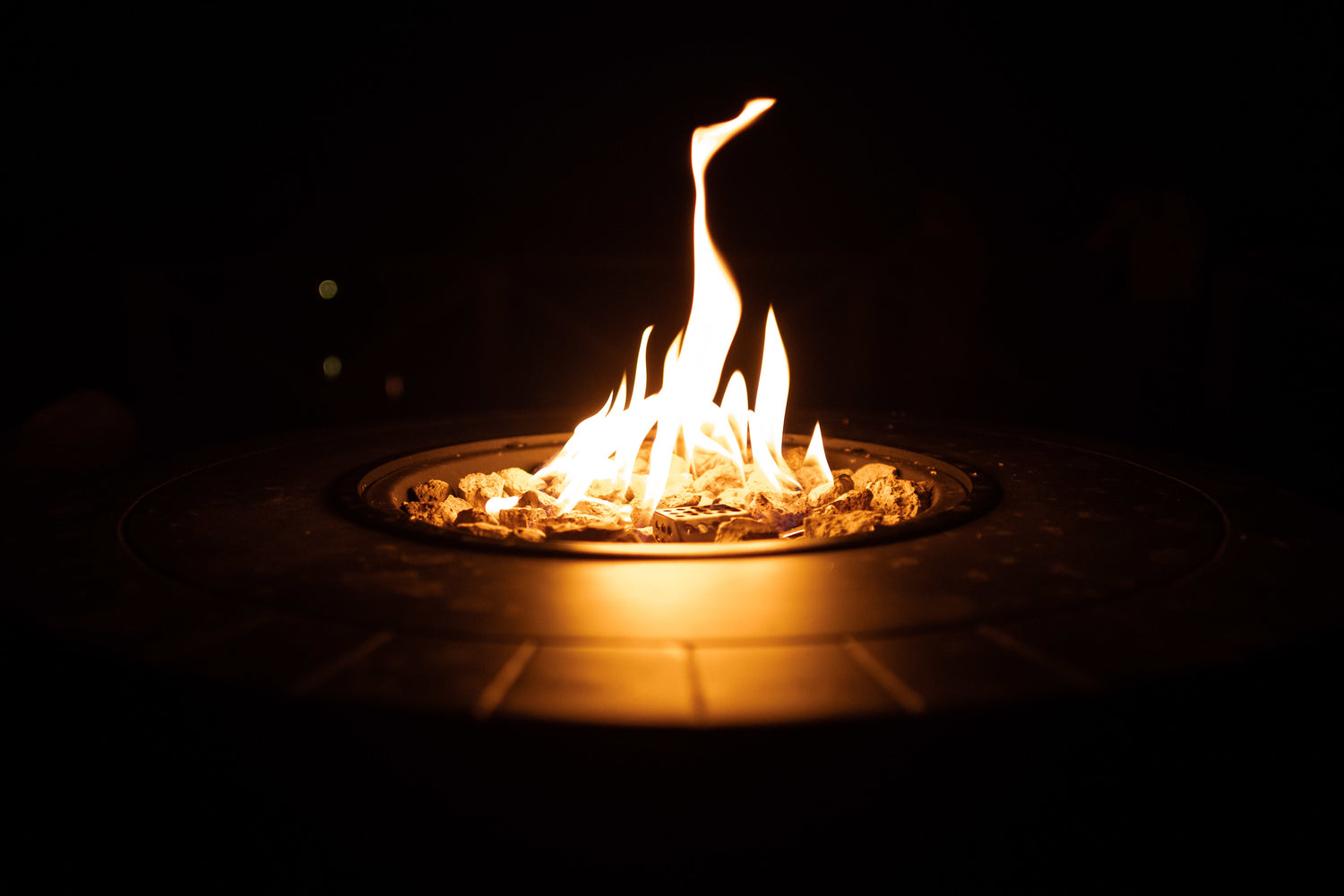
Passover
Why celebrate Passover?
During Passover we celebrates the liberation of the Jewish people from slavery in ancient Egypt and marks the beginning of our journey to becoming a free nation. It is a time to remember and honour our ancestors' struggle for freedom and their perseverance in the face of adversity.
The celebration of Passover also serves to reinforce the values and beliefs of the Jewish people, including the importance of family, community, and faith. Through the traditions and rituals associated with the holiday, Jews are able to connect with their history, culture, and identity, and to pass these traditions down to future generations.
Furthermore, Passover is seen as a time of renewal and hope, as the story of the Exodus is a story of triumph over oppression and a reminder that even in the darkest of times, there is always the possibility of liberation and salvation. By celebrating Passover, we are able to find inspiration and encouragement in the story of the Exodus, and to carry this hope and resilience with them throughout the year.

How to celebrate Passover?
Passover is celebrated over the course of seven days, beginning on the 15th day of the Hebrew month of Nisan. Here are some of the customs and rituals associated with the holiday:
-
Cleaning and Preparation: Before Passover, Jewish families engage in a thorough cleaning of their homes, in order to remove all traces of leavened bread and other forbidden grains.
-
Seder Meal: The main event of Passover is the Seder, a special meal that takes place on the first night of the holiday. At the Seder, participants read from the Haggadah, a book that tells the story of the Exodus, and engage in rituals such as drinking four cups of wine, eating matzah, and discussing the story of the Exodus.
-
Eating Matza: During Passover, Jews abstain from eating leavened bread and other grains that contain yeast, as a reminder of the haste with which their ancestors left Egypt. Instead, they eat matzah, a cracker-like bread, which symbolizes the bread that the Jews baked as they fled Egypt.
-
Family Gatherings: Passover is considered a time of family and community togetherness, and it's common for multiple generations of Jews to gather together for the Seder and other celebrations.
-
Charity and Giving: Passover is also a time for giving to others, particularly to those in need. Many Jews engage in acts of charity and kindness during the holiday, as a way of fulfilling the Jewish value of Tikkun Olam, or repairing the world.
-
Reading from the Torah: During Passover, our shul, like many synagogues holds special services and readings from the Torah, as a way of deepening our connection to the story of the Exodus and to our faith.
